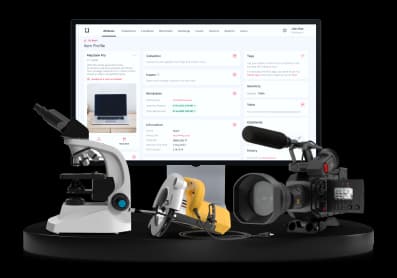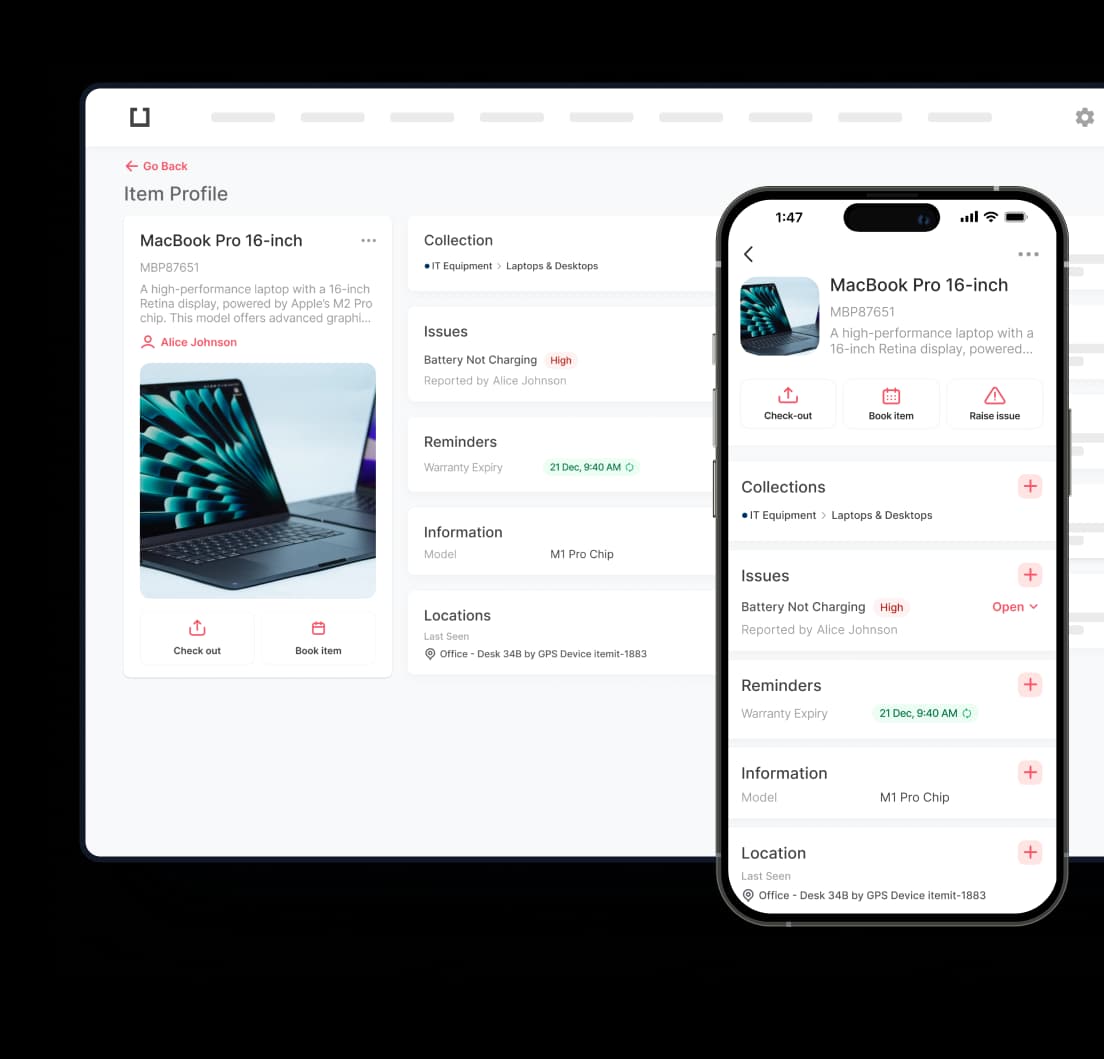GPS asset tags help you maintain a clear overview of where your assets are. You can do this with a wide range of assets, especially if they're in transit. Therefore, GPS asset tags are useful in a wide range of industries, from healthcare to construction.
So, what do you need to know about GPS asset tags before you invest in them?
How Do GPS Asset Tags Work?
GPS asset tags work in a similar way to your phone. They contain a SIM card that periodically pings a GPS location to your asset tracking software.
Your asset tracking software then takes that GPS location and logs that as the last known location of an asset. You can configure GPS trackers so that they ping at different intervals.
GPS asset tags also work on batteries and are rechargeable with a micro-USB. This makes them more viable for vehicle asset tracking as you will be able to plug your tags in.
How Does Asset Tracking Software Work?
Asset tracking software works by allowing you to log individual asset profiles to represent your assets. In other words, you can log each of the laptops your business owns as unique assets.
Then, you can add data to these unique asset profiles. This can be issues information, check in check out data, asset locations, and more. This is where any GPS location updates will be logged too. Therefore, you get a neat audit trail of where your assets have been and how they've been behaving.
You can use different asset tags, too. These work in a similar way to GPS asset tags as, whenever you scan a QR code, the GPS location updates using your phone's GPS data. In this sense, a GPS tracker works similar to a QR tag only without the scanning element, as your GPS tracker updates periodically and automatically.






